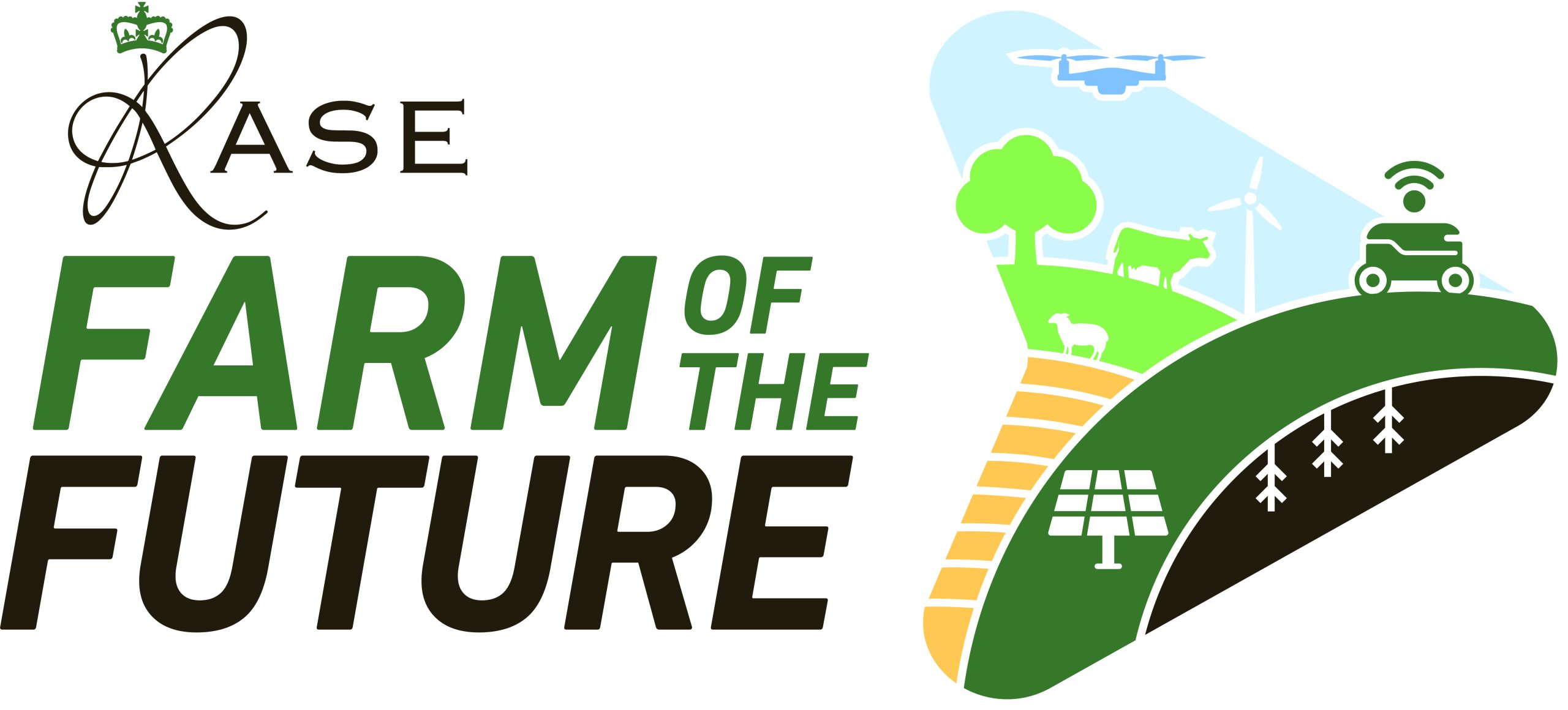There is no way in which we can win the battle against climate change unless we recognise the central role which agriculture must play. Net Zero is not just a matter of radically reducing our emissions. There can’t be human or animal life without emissions. Zero has therefore never been on the cards. However, before the Industrial revolution, the earth – through oceans, soil, and trees – sequestered enough of those emissions to maintain the climate patterns which made human life possible. That was the balance of nature with which we have interfered both by massively increasing our emissions and by reducing the earth’s capacity to sequester. We have cut down our forests, polluted our oceans, and degraded our soils. No longer can the planet absorb what we emit.
The Net bit of Net Zero is therefore vitally important and crucially it’s largely in the hands of farmers. Whatever we do to regenerate our seas, to stop deforestation, and to halt the march of the deserts, the most important job will be to learn how we feed the world without costing the earth. We have to regain the fertility of the soil, plant and care for many more trees, recreate the hedges we have lost and at the same time produce the food which a growing world population needs. Food production is the first of all ‘public goods’ that farmers offer. But it has to be done in a way which also leads to Net Zero. That is what this Report is about.
RASE has rightly recognised that farmers need help and direction if they are to shoulder this essential task. Of course, it starts with reducing their carbon footprint as much as is possible. By 2050, fossil fuels will have no place on our farms and to that end, every year serious reductions must be made. Much more careful use of inputs; an increasing concentration on regenerative cultivation; tree and hedge planting; cover crops; mixed farming replacing monoculture; effective use of gene editing; and a determination to make our soils ever more capable of sequestration – all these and more will be prerequisites in the fight against climate change.
This Report is a major contribution to enhancing farmers’ ability to live up to their high vocation. And it comes at exactly the right time. The changes that are demanded are daunting. The Government’s shift from production support to payment for public goods has often seemed muddled and confusing. The intervention of special interest groups from the vegans to the rewilders has discouraged and disconcerted the vast majority of farmers. This Report will come as a real encouragement to them and a reinforcement of their vital role. It will be widely welcomed.
